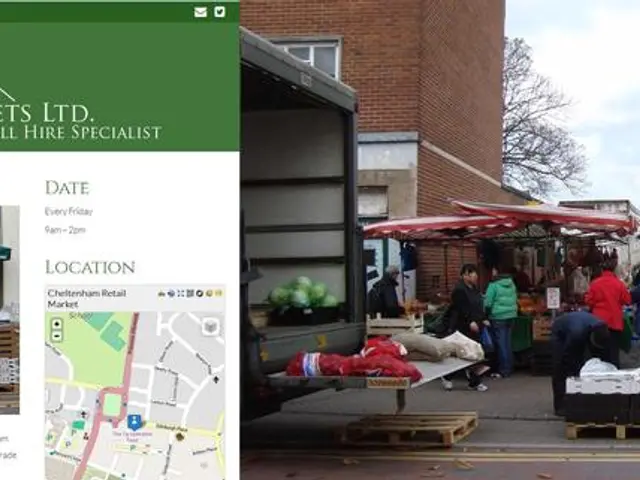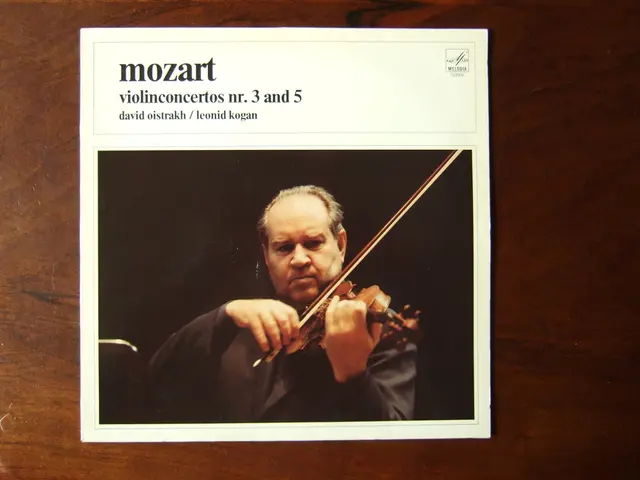Tammy Palacios: Identified Individual in Focus
Tammy Palacios, a senior analyst at the New Lines Institute, is leading the Priority Sustainable Counterterrorism initiative. Her work is centred around promoting a cross-sectoral and multi-faceted approach to counterterrorism and countering violent extremism (CVE).
Before joining the New Lines Institute, Palacios served as project lead for the MENA Research Team at the Think Tanks and Civil Society Program. She also held the position of program head for the Nonstate Actors program at New Lines.
Palacios's educational background does not indicate a focus on counterterrorism and CVE prior to joining the New Lines Institute. However, she holds a bachelor's degree in international studies from the University of Hartford and a master's degree in security and terrorism studies from the University of Maryland. She also has a certificate in terrorism analysis from the National Consortium for the Study of Terrorism and Responses to Terrorism (START) at the University of Maryland.
In her previous roles, Palacios worked on Syria and ISIS portfolios at the Institute for the Study of War, where she focused on Salafi-Jihadist militant groups operating in Syria. This experience suggests a nuanced understanding of militant groups and potentially advocating or analyzing multi-faceted approaches from within conflict zones.
A closest relevant mention of Palacios comes from an analysis related to Hay'at Tahrir al-Sham (HTS), where a "Lynn Palacios" or "Tammy, Lynn Palacios" is cited regarding HTS's internal dynamics and efforts related to counterterrorism, including HTS's proposed joint counterterrorism efforts alongside the Syrian Democratic Forces (SDF).
Cross-sectoral and multi-faceted approaches in sustainable CVE typically involve combining military, political, social, and economic strategies to address underlying causes of terrorism and radicalization. They also involve engagement with local communities, civil society, and multiple government agencies to create resilience against extremist ideologies, regional and international cooperation to disrupt financial, logistic, and ideological networks of extremist groups, and focused rehabilitation and reintegration programs for former extremists.
Given the absence of detailed sources about Palacios’s specific methods, it is reasonable to infer that her approach might align with these principles. Her mention in the context of HTS’s leadership and disassociation from Al-Qaeda indicates a complex understanding of groups like HTS.
If more precise information on Palacios’s approach is needed, particularly from academic publications, official reports, or her own writings, further specialized research would be necessary.
Security and education-and-self-development are integral components in Tammy Palacios's cross-sectoral and multi-faceted approach to counterterrorism. Drawing from her academic background in security and terrorism studies, Palacios advocates for community engagement and local cooperation in counterterrorism initiatives, aiming to build resilience against extremist ideologies.








